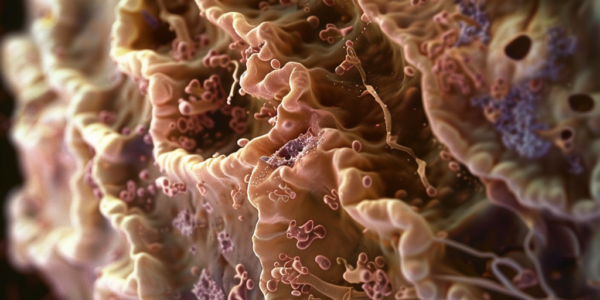Study Links Common Bacteria to Stomach Cancer Development
A new study has found that the typically harmless bacteria, Helicobacter pylori, may play a significant role in the development of stomach cancer. Researchers have identified the mechanism through which this bacteria operates, potentially paving the way for the development of therapeutics to mitigate the risk. The study focused on examining the non-H. pylori gut microbiome in patients with varying stages of gastric cancer, revealing the enrichment of five oral pathogens in the gastric linings of these patients, including Streptococcus anginosus. Through the use of mouse models, researchers observed that colonization with S. anginosus initiated an acute inflammatory response, followed by a chronic phase characterized by intense and persistent gastritis, mirroring the pathway observed in humans before the onset of gastric cancer. Co-infection with S. anginosus and H. pylori resulted in greater gastric inflammation than either pathogen alone, suggesting a potential synergistic effect in promoting gastric cancer.

